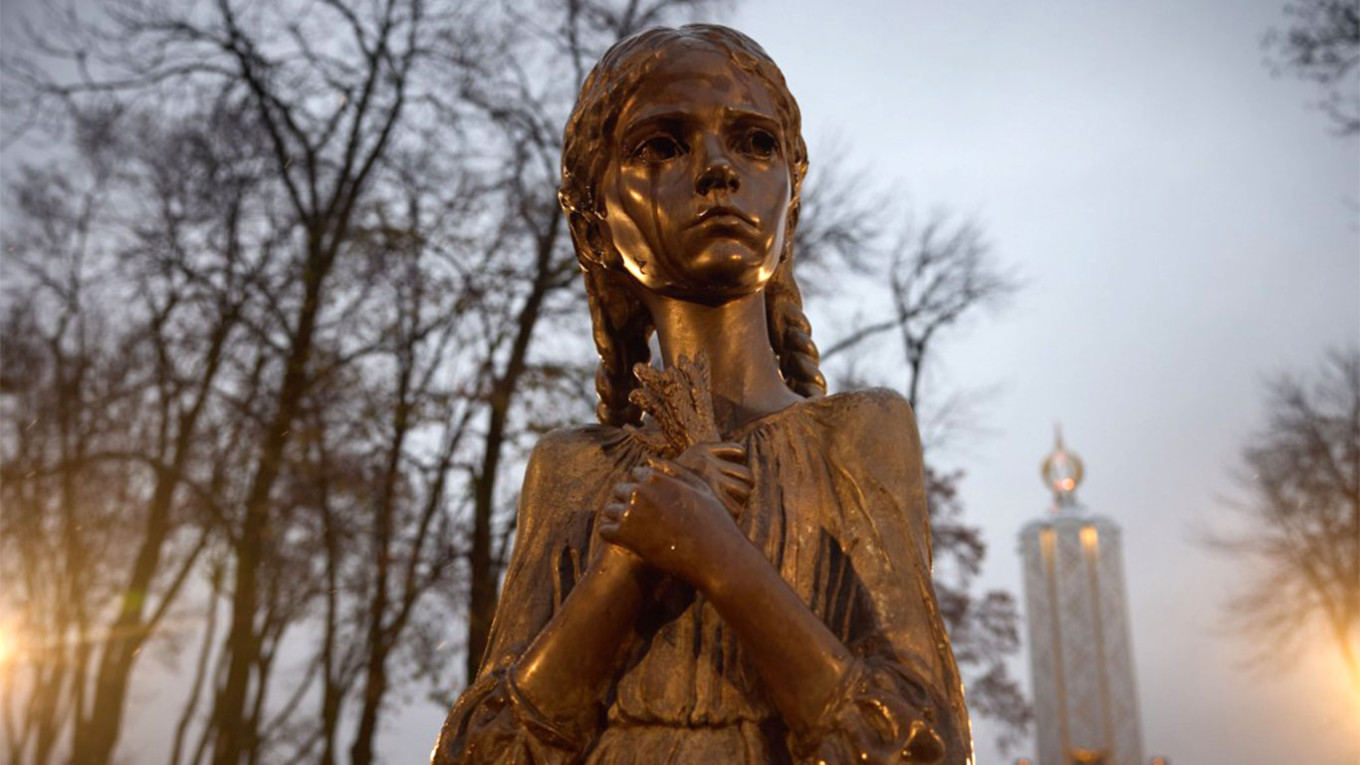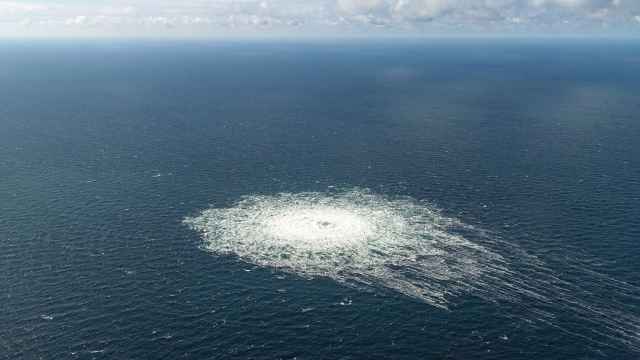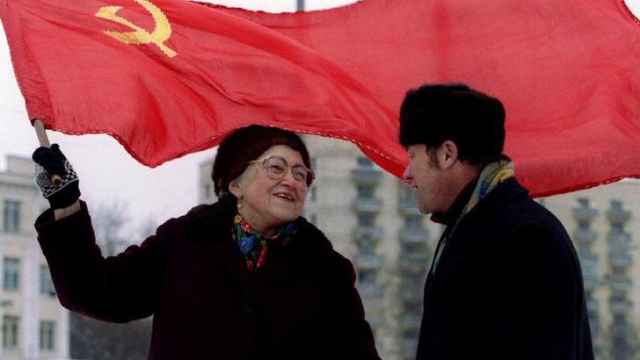Moscow said Thursday that a decision by German lawmakers to recognize the 1930s starvation of millions in Ukraine as "genocide" was an attempt to "demonize Russia."
The 1932-33 Holodomor — Ukrainian for "death by starvation" — is regarded by Kyiv as a deliberate act of genocide by Soviet leader Josef Stalin's regime, and it has long been a source of hostility between Russia and Ukraine.
Moscow contests this designation, placing the events in the broader context of famines that also devastated regions of Central Asia and Russia.
The foreign ministry in Moscow said members of the German parliament had "decided to defiantly support this political and ideological myth fostered by the Ukrainian authorities at the instigation of ultranationalist, Nazi and Russophobic forces."
The ministry said in a statement the resolution was a new Western attempt to "demonize Russia" and pit ethnic Ukrainians against Russians.
Moscow also accused Germans of "trying to rewrite their history and forget the repentance for the horrors they committed during World War II" and of seeking to "diminish their guilt."
The German parliament "should be ashamed of such immoral decisions that revive the fascist ideology of racial hatred and discrimination," the ministry said.
The joint text passed by members of parliament from Germany's center left-led coalition and the opposition conservatives is intended as a "warning" to Russia as Ukraine faces a potential hunger crisis this winter due to Moscow's military campaign.
Kyiv has praised Berlin's move.
President Volodymyr Zelensky called the resolution a "decision for justice, for truth."
"And this is a very important signal to many other countries of the world that Russian revanchism will not succeed in rewriting history," Zelensky said in his daily address to the nation late on Wednesday.
A Message from The Moscow Times:
Dear readers,
We are facing unprecedented challenges. Russia's Prosecutor General's Office has designated The Moscow Times as an "undesirable" organization, criminalizing our work and putting our staff at risk of prosecution. This follows our earlier unjust labeling as a "foreign agent."
These actions are direct attempts to silence independent journalism in Russia. The authorities claim our work "discredits the decisions of the Russian leadership." We see things differently: we strive to provide accurate, unbiased reporting on Russia.
We, the journalists of The Moscow Times, refuse to be silenced. But to continue our work, we need your help.
Your support, no matter how small, makes a world of difference. If you can, please support us monthly starting from just $2. It's quick to set up, and every contribution makes a significant impact.
By supporting The Moscow Times, you're defending open, independent journalism in the face of repression. Thank you for standing with us.
Remind me later.






